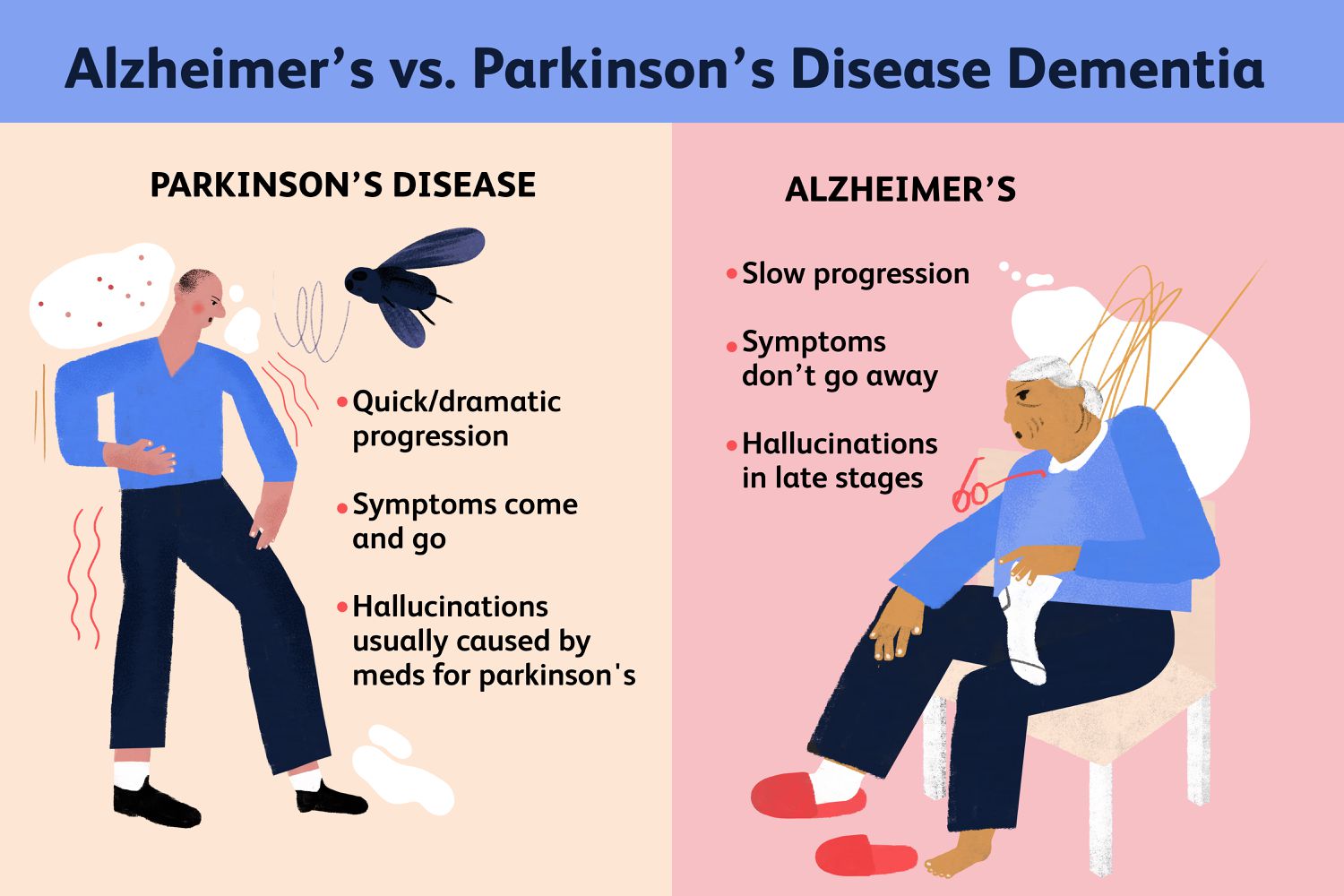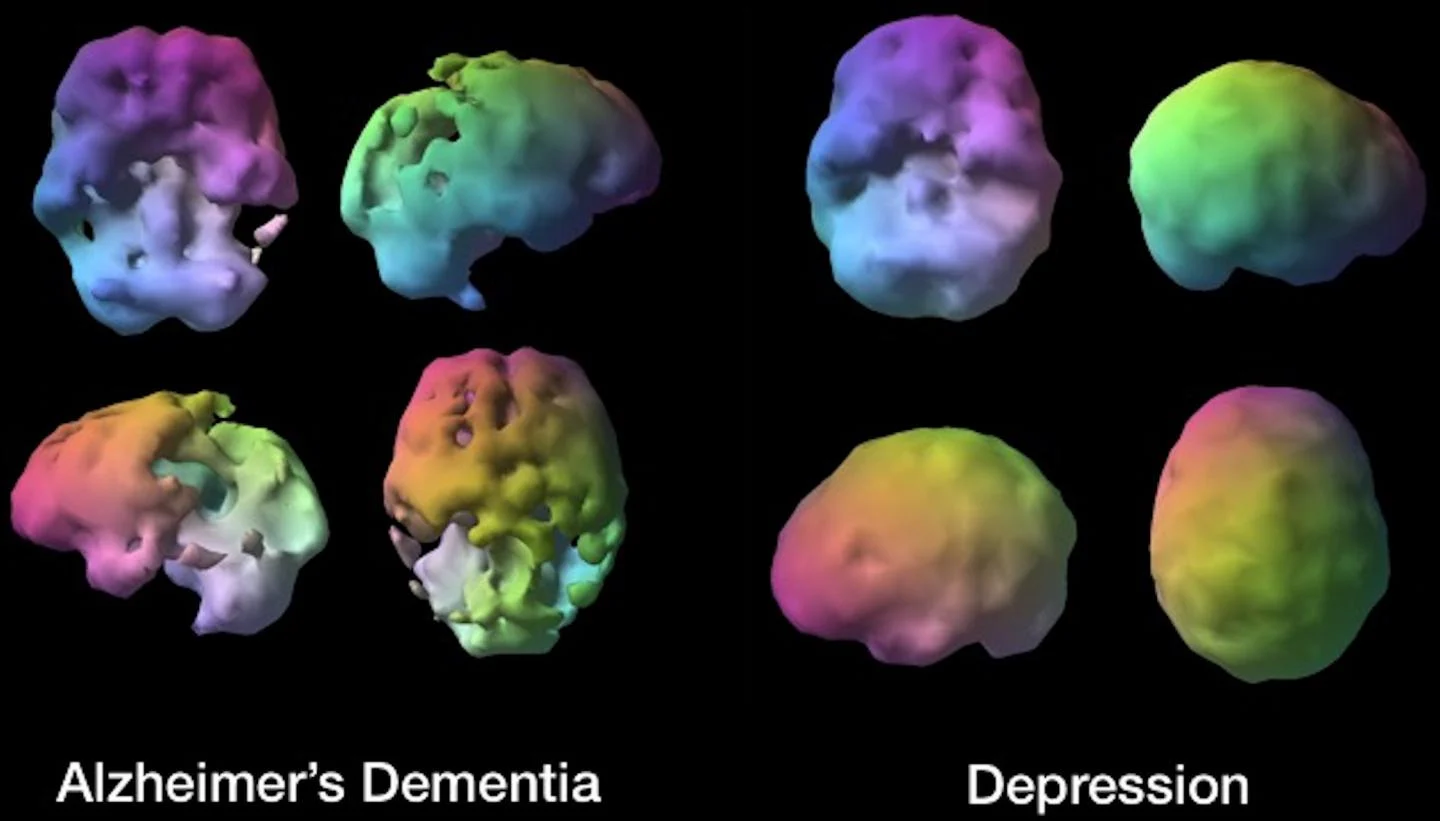5 Ways Chronic or Episodic Migraine Pain Can Impact You


Migraine is a neurological condition that can have far-reaching consequences across practically all areas of one’s life. While commonly characterised by a pulsing or throbbing pain on one side of the head, Migraine is accompanied by debilitating symptoms like sensitivity to sound and light, nausea, vomiting and discomfort. As per a global study, over 213 million Indians are estimated to be suffering from the condition.
With evidence-based information on the effects of migraine intensity reduction, quality of life and ease of use, neurologists can guide you on the most suitable treatment plan to prevent or reduce your migraine episodes. Additionally, adhering to the treatment plan and making modifications to lifestyle, allows flexibility while ensuring preparedness. Migraine attacks are often triggered by hormonal fluctuations, alcohol, caffeine, certain foods, stress, and inconsistent sleep—among other things. Despite its debilitating effects, there is a lack of awareness, which further leads to misdiagnosis and insufficient treatment.
Migraines can be chronic or episodic, either way, it has a detrimental effect on one’s life. Dr Joy D Desai, Consulting Neurologist, Jaslok Hospital, Mumbai shares 5 ways migraine can affect you:
Migraine can impact one’s presence, productivity, and potential at work
People with migraine are often unable to work or function normally during an attack, meaning that even those who are able to remain physically present may be absent in other ways. In certain industries, a migraine attack can mean missing out on income, as people suffering from attacks have to skip work frequently.
Toll on mental health
Migraine is linked to both depression and anxiety. In fact, people with migraine are about five times more likely to develop depression than someone without migraine2. Common symptoms of anxiety, like excessive worry, fear, and irritability, can play off of migraine symptoms. Patients worry about when the next attack will come, feel helpless about the unpredictability of their symptoms, and feel frustrated over the many ways that migraine is affecting their life.
Temporary vision loss
Migraine attacks can also cause blindness in one eye for a short period. This migraine is called an ocular migraine which occurs due to reduced blood flow or spasms of blood vessels in the retina or behind the eye. Though it is rare, people who have these types of migraine may have a higher risk of permanent vision loss in one eye.
Increase risk of heart diseases
According to the American Migraine Foundation (AMF), migraine can increase the risk of heart disease, including heart attacks and angina. It can also increase the risk of stroke, coronary events, and other related death by ~ 50%. It doubles the risk of heart disease from reduced blood flow
Affects one’s Family, Social and Personal Life
Misunderstandings cancelled plans and caregiving demands on partners can cause relationship strain. It is hard to be reliable when a migraine attack can wreck plans at any moment. This in turn takes a toll across relationships.
Dr Joy D Desai, Consulting Neurologist at Jaslok Hospital in Mumbai, said, “The common first symptoms of migraine are bloating. It’s always followed by unilateral headache, nausea, sensitivity to sound and light, and sometimes giddiness. However, the triggers of Migraine can vary from person to person and these headaches have variable frequencies. Today, it’s important for people to know that irrespective of their genetic background, migraines don’t last for a lifetime. With advanced therapies, migraine is preventable and can be controlled rightly. Another important factor is taking care of one’s lifestyle. With adequate sleep, hydration, exercise, and equanimity one can reduce the burden of migraine.”







